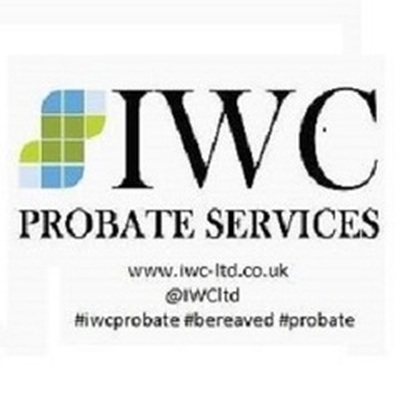-
 Retrouver dansMembres
Retrouver dansMembres Retrouver dansVidéos
Retrouver dansVidéos Retrouver dansChaînes
Retrouver dansChaînes
This website uses cookies to ensure you get the best experience on our website.
To learn more about our privacy policy Cliquez iciPréférence de confidentialité
- Mots clés - #inheritance tax planning trusts
-
- Dernière mise à jour 20 février 2023 0 commentaire , 42 vues, 0 comme
- Airport House, Purley Way, Croydon CR0 0XZ, UK - Obtenir des directions
More from Peter John
More in Politics
Related Blogs
Les archives
How Inheritance Tax Planning Trusts is Useful
Corps
Giving money, assets, or investments to someone else so they can manage them for the benefit of a third party is legal arrangement known as a trust. You may, for instance, set aside a portion of your savings in a trust for your kids.
Every trust has two crucial roles that are crucial to comprehend:
The owner of the trust's assets is referred to as the trustee. They possess the same rights that an individual would possess to purchase, sell, and invest in their own property. The trustee's responsibility is to oversee the trust's operations and prudently manage its assets.
A trust is a mechanism for the beneficiary to maintain control and asset protection, which is another possible benefit. A trust prevents the distribution of expensive assets, money, or investments to recipients who are still relatively young or fragile.
The trustees are required by law to take care of and administer the trust's assets on behalf of the final beneficiary in the inheritance tax planning trusts process.
- The guidelines for how a trust will be run are determined when it is established.
- A trust can be created right away or mentioned in your will.
- When creating a trust, you must expressly state:
- what the trust's assets are
- who the beneficiaries are and the trustee are while the trust is in effect
Is it right away or only after you pass away?
- Decide on your trustees.
- You must select trustees, who are typically members of your family or close friends that you trust. Make sure the person you ask is willing to take on the duty before you ask them.
- At least two trustees are required, with a maximum of three to four.
- Alternatively, you can name a business as your trustee, such as a bank or law firm, but keep in mind that they will charge.
Photos
Carte
-
Emplacements sur MyWorldGo
Information de Lieu
- Emplacement: Airport House, Purley Way, Croydon CR0 0XZ, UK - Obtenir des directions
- Adresse formatée: Airport House, 265 Purley Way, Croydon CR0 0XZ, UK
- Adresse de rue: 265,Purley Way,Croydon
- Ville: Greater London
- Code postal: CR0 0XZ
- Etat: England
- Pays: United Kingdom










commentaires